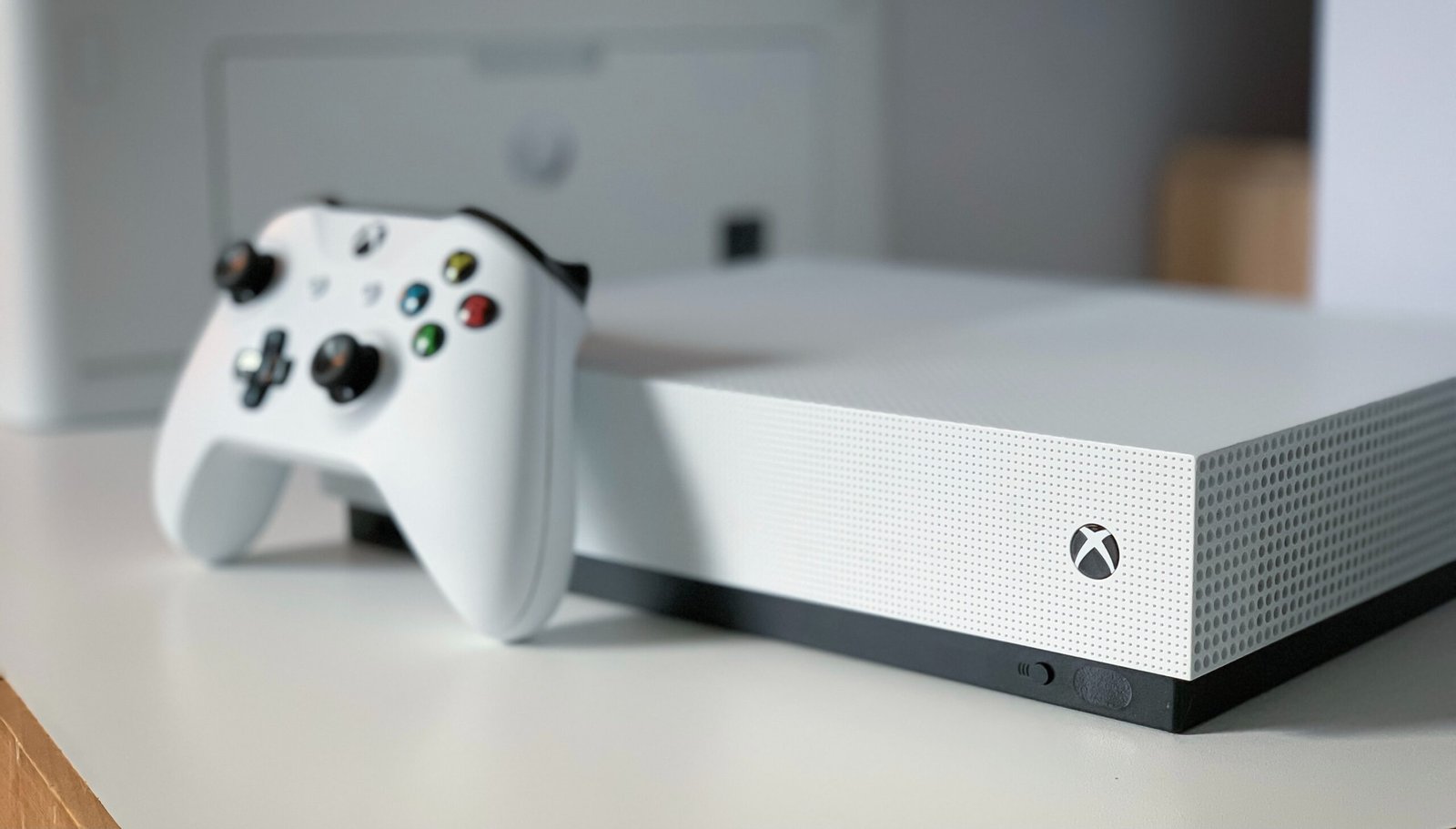Gaming has evolved significantly over the years, and one of the crucial components that affect the overall gaming experience is the choice of controllers. In the realm of PC gaming, the debate between wired and wireless controllers has been a topic of discussion among gamers for quite some time. Both options have their own set of advantages and disadvantages, catering to different preferences and gaming styles. In this article, we will delve into the pros and cons of wired and wireless controllers, helping you make an informed decision that best suits your gaming needs.
Introduction
The gaming world is diverse, offering various platforms and genres to choose from. However, the way players interact with games remains central. The best PC Controllers play a pivotal role in this interaction, and the debate between wired and wireless options has gained traction.
Wired Controllers: Unwavering Stability
Wired controllers have long been known for their stability. The direct connection ensures minimal input lag, delivering precise control and immediate response. Gamers who prioritize competitive play often opt for wired controllers due to their reliable and consistent performance.
Wireless Controllers: Embracing Freedom
Wireless controllers, on the other hand, provide the freedom to move without the constraint of cables. This mobility enhances the immersive gaming experience and suits those who enjoy a more relaxed gaming setup.
Input Lag and Responsiveness
Input lag is a critical factor affecting gaming performance. Wired controllers have the upper hand in this regard, as the wired connection virtually eliminates input delay. Wireless controllers, while improved in recent years, might still exhibit slight delays due to data transmission.
Battery Life and Convenience
Wireless controllers rely on batteries, introducing the need for periodic charging or battery replacements. Wired controllers, being powered by the connected device, eliminate concerns about battery life, ensuring uninterrupted gameplay.
Connection Reliability
Wired controllers maintain a constant connection, free from potential interference issues. Wireless controllers might experience connectivity problems in environments crowded with electronic devices.
Gaming Environments and Interference
Wireless controllers can face interruptions from other wireless devices, leading to momentary disruptions. This is a non-issue with wired controllers, making them a reliable choice for intense gaming sessions.
Ergonomics and Comfort
Both wired and wireless controllers are designed with comfort in mind. The choice often comes down to personal preference, with some gamers preferring the tactile feel of wired controllers while others enjoy the lack of cable constraints offered by wireless ones.
Also check: Global Assisted Reproductive Technology Market Size, Share, Report, Growth, Key Players, Forecast 2023-2028
Price Points and Accessibility
Wired controllers tend to be more affordable due to their simpler design. Wireless controllers, with their added technology, usually come at a higher price point. However, as technology advances, the price gap between the two options has been narrowing.
Customization and Additional Features
Wireless controllers often offer extra features like customizable buttons, textured grips, and motion controls. This can enhance the gaming experience and cater to specific gaming genres.
Compatibility with Different Games
Both types of controllers are compatible with a wide range of games. However, some gamers find wired controllers more suitable for genres that demand precise movements, while wireless controllers might be preferable for casual gaming.
Preference and Personal Playstyle
Ultimately, the choice between wired and wireless controllers boils down to personal preference and playstyle. Gamers who prioritize competitive play and accuracy might lean towards wired, while those who value convenience and mobility might prefer wireless.
Which One to Choose?
Choosing between wired and wireless controllers depends on your priorities. If you seek precision and minimal input lag, a wired controller is a safe bet. On the other hand, if freedom of movement and convenience are crucial, wireless controllers are the way to go.
Conclusion
In the wired vs. wireless controller debate, there is no one-size-fits-all answer. Both options have their strengths and weaknesses, catering to different gaming needs. Consider your gaming style, preferences, and priorities to make the right choice for a truly immersive gaming experience.
FAQs
Q1: Are wireless controllers more expensive than wired ones? A1: Yes, wireless controllers tend to be slightly pricier due to the added technology.
Q2: Do wireless controllers have input lag? A2: While modern wireless controllers have minimized input lag, wired controllers still offer the best responsiveness.
Q3: Can wireless controllers interfere with other devices? A3: Yes, wireless controllers can experience interference from other electronic devices in the vicinity.
Q4: Are wired controllers only suitable for competitive gaming? A4: Wired controllers are favored by competitive gamers, but they can be used for all genres.
Q5: How do I choose the right controller for me? A5: Consider your gaming priorities – precision or freedom of movement – to determine whether wired or wireless is better for you.

